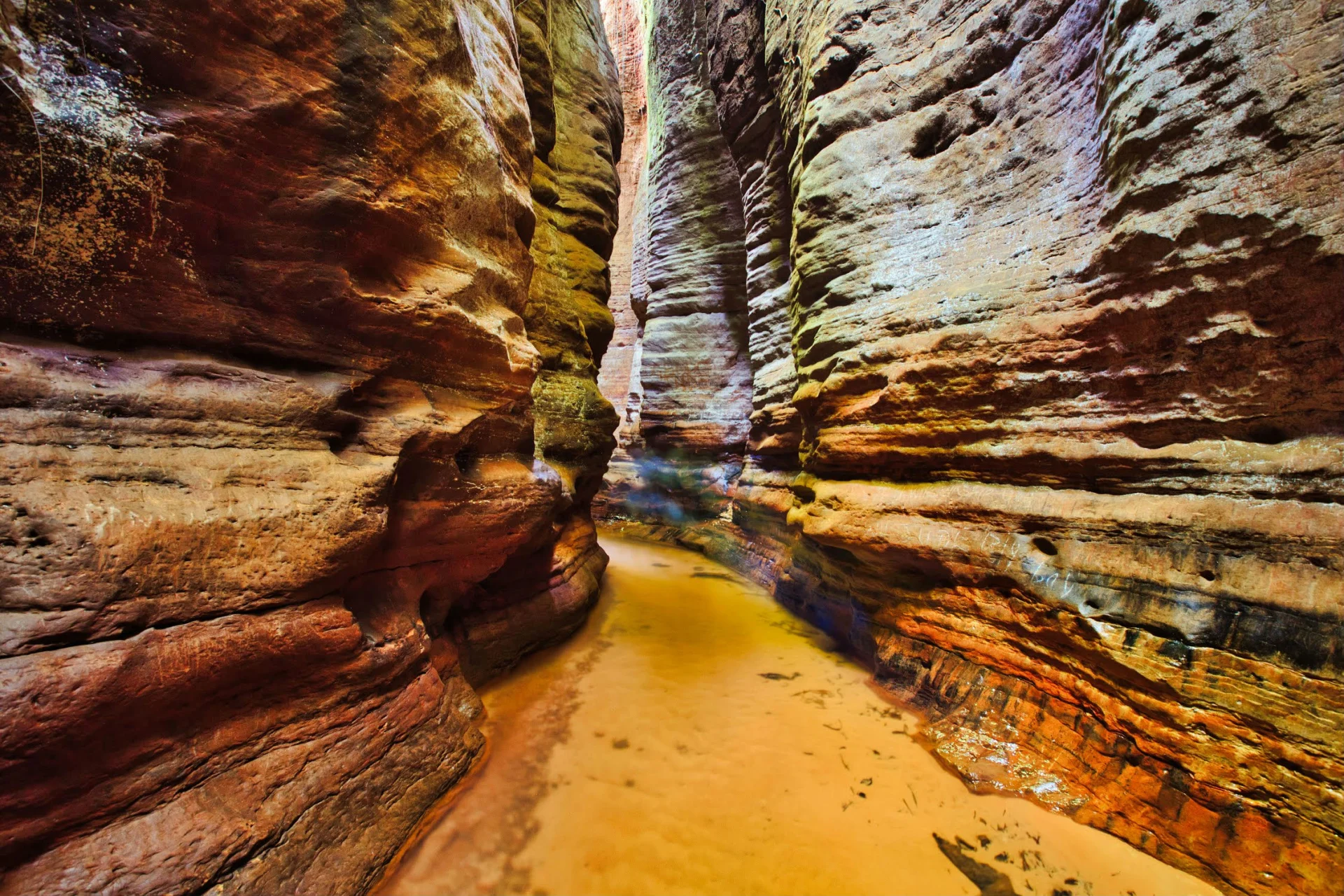Coal city state
ENUGU STATE



Geography
Enugu State is one of the states in the eastern part of Nigeria located at the foot of the Udi Plateau. The state shares borders with Abia State and Imo State to the south, Ebonyi State to the east, Benue State to the northeast, Kogi State to the northwest and Anambra State to the west.

Politics & Economy
Economically, Enugu State is based around trading and services along with agriculture, mainly of yams, rice, cocoyam, oil palm, and cassava. A key minor industry was mining, especially of coal in the Udi Hills around the city of Enugu. Enugu State has the tenth highest Human Development Index in the country and is considered the heart of Igboland, the cultural region of ethnically Igbo areas.


State History
After independence in 1960, the area of what is now Enugu was a part of the post-independence Eastern Region until May 1967 when the region was split and the area became part of the East Central State. Less than two months afterwards, the former Eastern Region attempted to secede in the three-year long Nigerian Civil War with what is now Enugu State as a part of the secessionist state of Biafra. The city of Enugu was named the Biafran capital until October 1967 when it was captured by federal forces; the rest of the state was hard fought over but much of it fell by June 1968. At the war’s end and the reunification of Nigeria, the East Central State was reformed until 1976 when Anambra State (including what is now Enugu) was formed by the Murtala Muhammed regime. Fifteen years afterwards, Anambra State was divided with the eastern part being broken off to form the new Enugu State; in 1996, part of Enugu State’s east was removed to form a part of the new Ebonyi State.
